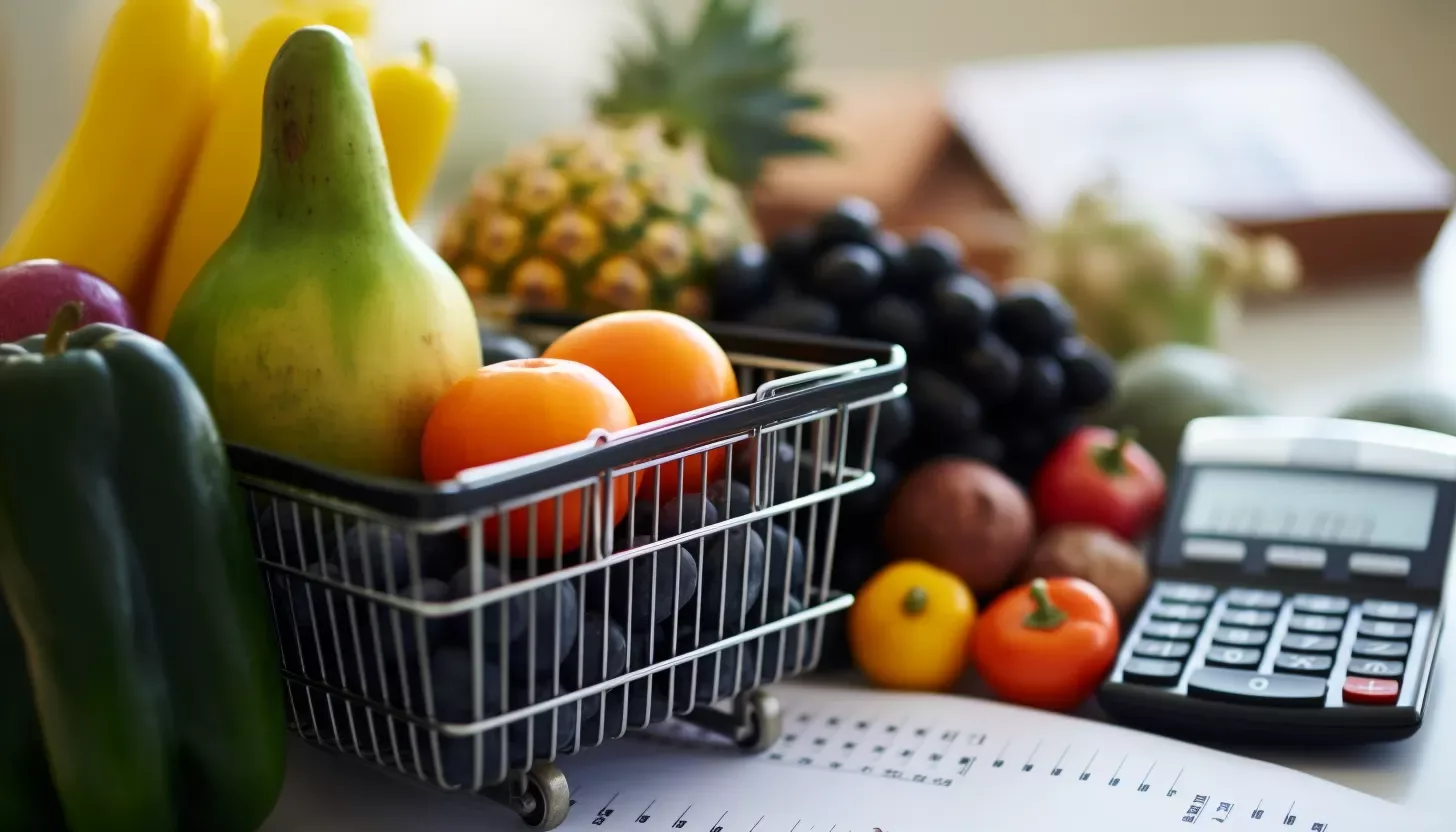How to Save Money on Groceries without Sacrificing Quality

Grocery shopping can consume a significant portion of your monthly budget. However, with some smart strategies and a little planning, you can trim your grocery bill without sacrificing the quality of the food you bring home. Here are some tips to help you save money on groceries while still enjoying delicious and nutritious meals.
- Meal Planning and Lists: Before heading to the store, take the time to plan your meals for the week. This way, you'll have a clear idea of what ingredients you need to buy. Create a detailed shopping list and stick to it while at the store. Having a plan in place helps you avoid impulse buys and ensures you only purchase what you actually need.
- Buy in Season: Opt for fruits and vegetables that are in season. Not only are they likely to be fresher and tastier, but they also tend to be more affordable. Seasonal produce is often abundant, leading to lower prices and promotions in grocery stores. Take advantage of these opportunities to save money while enjoying the best flavors of each season.
- Discount Days and Coupons: Keep an eye out for discount days at your local grocery store. Many stores offer specific days of the week when certain items are on sale or have special promotions. Additionally, use coupons to your advantage. Digital coupon apps and websites can help you find the best deals and easily organize your savings. Be sure to check the expiration dates and any restrictions on the coupons before using them.
- Buy Store Brands: Consider purchasing store-brand products instead of name-brand items. Store brands are often comparable in quality to their more expensive counterparts but come at a lower cost. Give them a try, and you might be pleasantly surprised by the savings without sacrificing taste or quality.
- Batch Cooking and Freezing: Plan your meals in a way that allows you to cook in batches and freeze portions for later use. When you cook in larger quantities, you can take advantage of bulk pricing and save money on ingredients. Plus, having pre-prepared meals in the freezer ensures that you always have a convenient and cost-effective option on hand, reducing the temptation to order takeout or dine out.
- Avoid Impulse Buys: Stick to your shopping list and resist the temptation to buy items that are not essential. Grocery stores are designed to entice you with attractive displays and tempting promotions, but staying focused on your list will help you avoid unnecessary purchases that can quickly inflate your grocery bill.
- Consider Membership Stores: If you have a large family or frequently purchase bulk items, consider joining a membership store like Costco or Sam's Club. These stores often offer significant savings on larger quantities of items that you frequently use. However, be mindful of your needs and compare prices to ensure that the membership fee is justified by the savings you'll make over time.Compare Prices: Take the time to compare prices between different stores in your area. Prices can vary significantly, so consider visiting multiple stores to get the best deals on your regular purchases. Online shopping platforms can also help you compare prices and find the most cost-effective options.
- Shop Sales and Clearance: Keep an eye out for sales and clearance sections in the store. Many grocery stores have dedicated areas where they offer discounted items that are nearing their expiration dates or have slight packaging damage. These items are often perfectly fine to consume and can save you a significant amount of money.
- Use Loyalty Programs: Take advantage of loyalty programs offered by grocery stores. Sign up for their loyalty cards or apps to access exclusive discounts, personalized offers, and additional rewards. Accumulate points or earn cash back on your purchases, which can add up over time and provide further savings.
- Shop at Local Farmers Markets: Consider visiting local farmers markets for fresh produce and other food items. Farmers markets often offer competitive prices, and you can support local growers while enjoying seasonal and locally sourced products.
- Don't Shop Hungry: Avoid grocery shopping on an empty stomach as it can lead to impulse purchases and unnecessary cravings. Eat a snack or meal before heading to the store to help you make more rational and budget-conscious decisions.
- Reduce Food Waste: Make an effort to reduce food waste by properly storing and utilizing leftovers. Plan meals that use ingredients you already have on hand to avoid unnecessary purchases. By reducing waste, you'll not only save money but also contribute to a more sustainable lifestyle.
- Grow Your Own: If you have the space and resources, consider starting a small garden to grow your own herbs, vegetables, or fruits. This can be a rewarding and cost-effective way to supplement your grocery purchases with fresh and homegrown produce.
- Take Advantage of Cash-Back Apps: Explore cash-back apps that offer rebates on specific grocery items. Scan your receipts and redeem cash back for eligible purchases. These apps can help you save additional money over time.
Remember, saving money on groceries requires a combination of planning, discipline, and smart shopping choices. By implementing these tips, you can stretch your budget and find ways to enjoy delicious and nutritious meals without breaking the bank.

Hi, I'm Arvind Otner, the voice behind Wise Wealth Tips. My mission is to simplify financial ideas, empowering you to make smarter money decisions. Welcome to your journey towards financial literacy...
